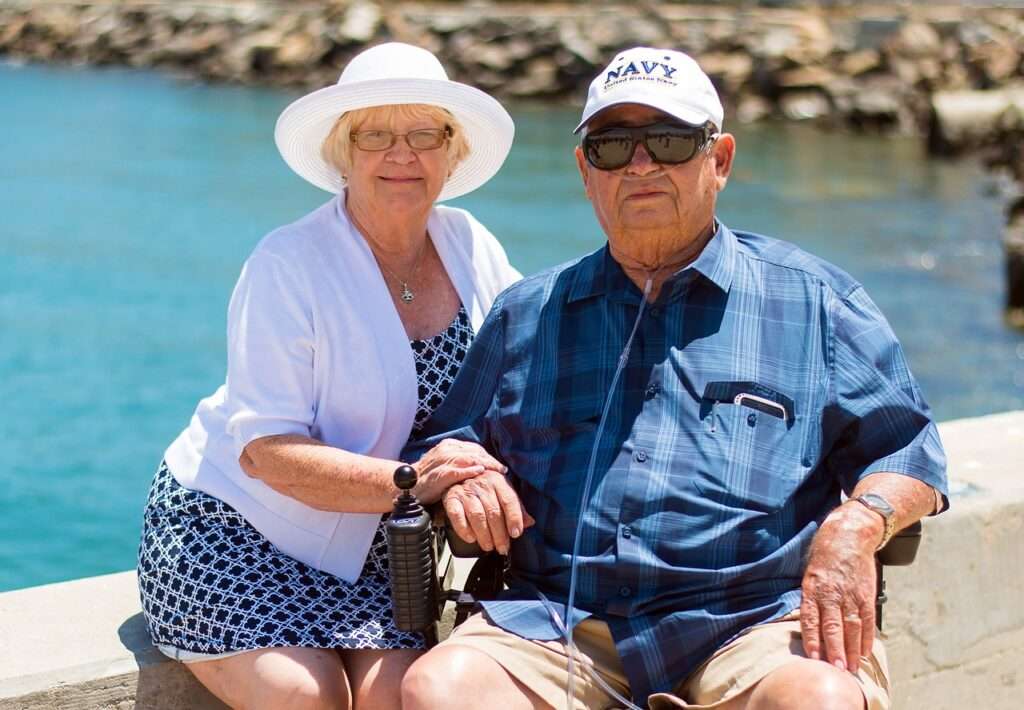24 Hour In-Home Care for the ones you love
(412) 683-6363
MENU

Significance of Companionship in Enhancing Seniors’ Well-Being
A GOOD FRIEND IN HOME CARE Contact Details
- Address: 651 Holiday Drive, Pittsburgh PA 15216
- Phone Number:
412-683-6363
Email Address:
info@agoodfriendinhomecare.com



